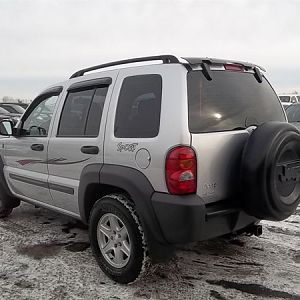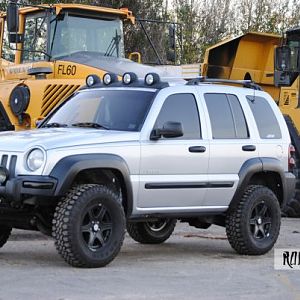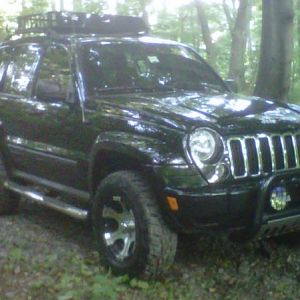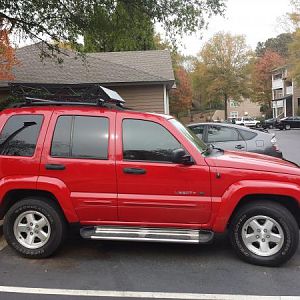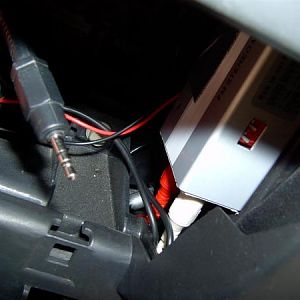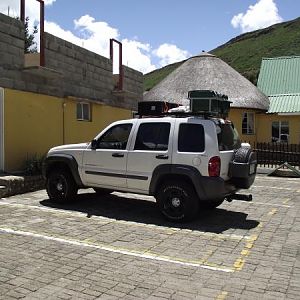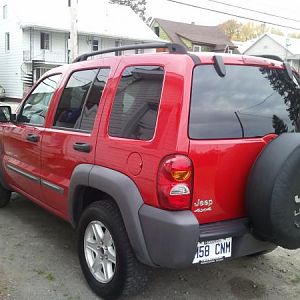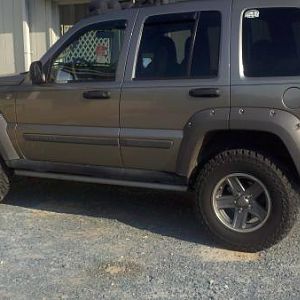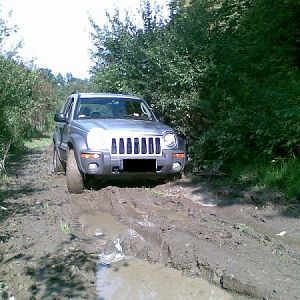So, I finally rotated the tires for the first time since we bought the Lib in 2005. Its my wife's vehicle and while I have always done my own work on my TJ, I've never really done too much for the Lib except for oil changes (and even then, it wasn't until a few years back that I did for the first time...  ). Well I finally am getting into it. I rotated the tires and it was the devil's work getting the lug nuts off after the last time the tire monkeys impacted the nuts on.
). Well I finally am getting into it. I rotated the tires and it was the devil's work getting the lug nuts off after the last time the tire monkeys impacted the nuts on.
But here's the two questions- I noticed that the lug nuts go on easily at first and then get to point where they can't be hand tightened. Then with the lug wrench there's a bit of resistance before it disappears and they screw right on. I noticed that with all the lugnuts, but have never noticed that before with any other vehicle. Also as I was taking the nuts off I noticed the lugs held magnetized bits of rust as if they were magnetic. Are they for some reason or is it just a static electromagnetic charge? I always grease the lugs with some left over grease so that they aren't as dry and don't get rusted on. Sort of necessary in Maine. idea.gif
Also as I was taking the nuts off I noticed the lugs held magnetized bits of rust as if they were magnetic. Are they for some reason or is it just a static electromagnetic charge? I always grease the lugs with some left over grease so that they aren't as dry and don't get rusted on. Sort of necessary in Maine. idea.gif
But here's the two questions- I noticed that the lug nuts go on easily at first and then get to point where they can't be hand tightened. Then with the lug wrench there's a bit of resistance before it disappears and they screw right on. I noticed that with all the lugnuts, but have never noticed that before with any other vehicle.
Last edited:


